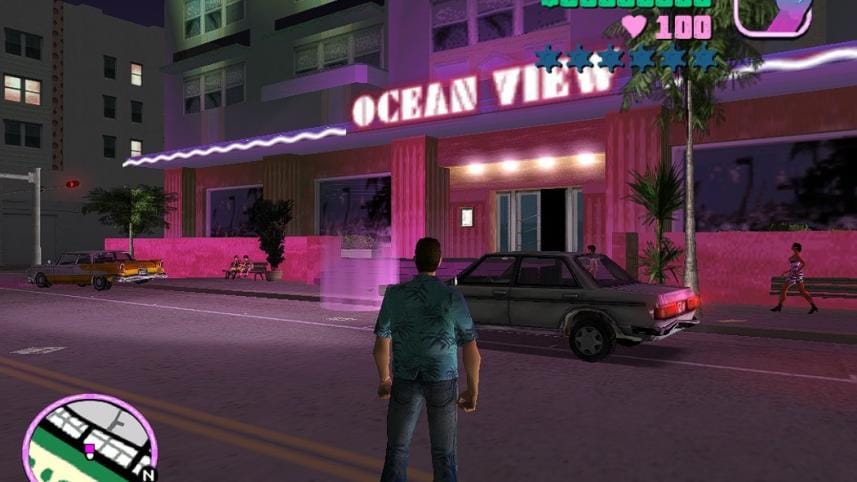Why videogames from the 2000s feel more fun

Some of my fondest childhood memories consist of coming home from school and spending the afternoon playing games on my PlayStation (PS) 2. From fighting it out on WWE Smackdown vs Raw or the Dragon Ball Z: Budokai games, to watching my older brother and cousin play Resident Evil 4, I felt like there was something magical about experiencing videogames in the 2000s. Call me nostalgic if you will, but modern gaming fails to have that same profound effect on me as the games from that era.
In the 2000s, videogames were more experimental, with consoles like the PS2 and PS3 having a larger library of games compared to newer generations. This is not to imply that more is objectively better, considering how the increasing costs of game development affect how many games are being made.
However, it is not farfetched to assume that the lack of variety is likely due to the gaming industry undergoing a case of "marketing myopia", wherein the product's profitability is prioritised over the customers' experience. When you look at companies like Rockstar Games, who released several Grand Theft Auto (GTA) titles in the PS2 era, but re-released GTA V across the next three different console generations, it becomes clear that monetisation seems more important to game developers than player experience.
Nowadays, many unfinished games are released, with updates and additional content added later on. But in the past, you would get a complete game from the beginning, instead of waiting for chunks to be released over time. Another feature that makes 2000s games more appealing to me is that they were produced in a period which moved past the graphical and technical limitations of the 1990s, before the commercialisation of videogames in the 2010s. Games were made with more care, and with fewer filters. We can also look back on how movie/TV show tie-in games were a big thing back then, and while they were not all great, we did get certain gems like Spider-Man 2 and Return of The King.
Split-screen co-op games were more commonplace back then, but have lessened with the advent of online gaming. Online games may be fun, but the experience of playing an online game compared to a couch co-op game feels like talking to a friend over the phone instead of actually hanging out with them.
Maybe it's the nostalgia talking, as I do not play videogames as much as I did in my childhood or teenage years. Whenever I do find the time to play something, I feel more inclined to play older games than newer ones. But I believe that if you also grew up during the 2000s and early 2010s era of videogames, you might share the same sentiments. It would not be fair to say that games are objectively less fun now, as newer technologies have allowed games to be grander in scale allowing us to experience fantastic games like Red Dead Redemption 2 and The Witcher 3. But looking at the state of the gaming industry overall, it seems videogames lack the same fun factor they once had.
Sabil spends most of his time trying to stay as hopeful as possible. You can contact him at sabilsadat616@gmail.com



 For all latest news, follow The Daily Star's Google News channel.
For all latest news, follow The Daily Star's Google News channel. 
Comments